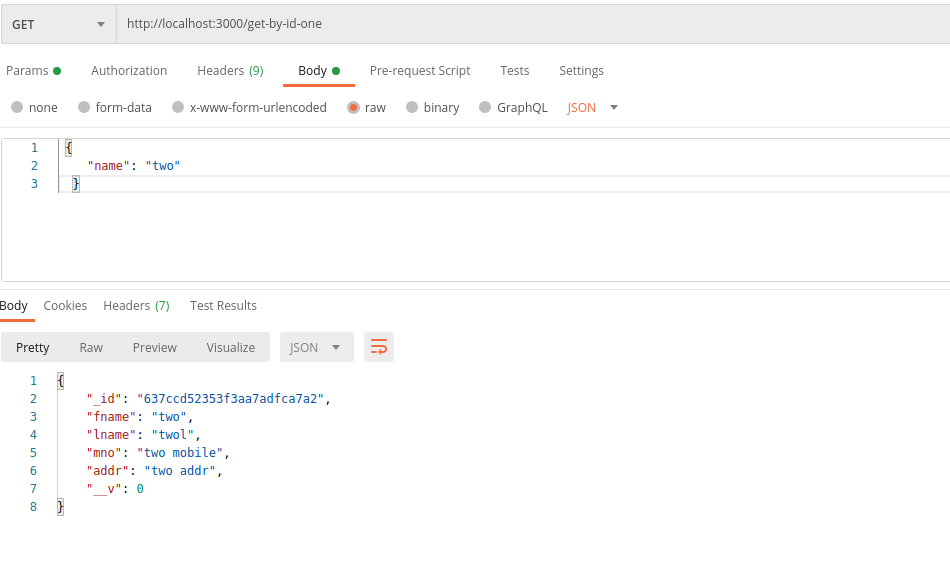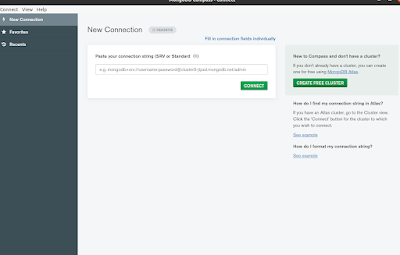_filename
_dirname
above are two glabal varialbe
_dirname - it prints current directoru
_filename - it printes current location
process.cwd()
current working directory
process.chdir("") change directory
join path and string
path.sep = console = /
directories.join(path.sep);
how to base name from path
how to get ext from path
path.extname(filename)
path.basename(filename)
how to get absolute path
path.resolve(_dirname,'content','subfolder','test.txt')
users/smilga/desktop/tutorial/content/subfolder/test.txt
how to check file exists and
red file write file then rename the file
fs is one module
var fs= require('fs');
var path= _dirname +"/mytext.txt";
fs.readFile(path, "utf8" function(error,data)
read the file in that path and then encrypt with utf8 then callback the function
how to rename the fuile
fs.rename
read all the data in directory
fs.readdir(path, function (error,files){
remove directory
fs.rmdir
const {readFileSync,writeFileSync} = require('fs');
read the file
const first = readfilesync('pathname','utf8');
write into file
write from another files too
writefilesync('path','hellow world : ${first}, ${second}',{flag:'a'})
flag new line
flag a means append
create server , console the data from file
it wil print the whole data its in mbs if it is a larage file
fs.craetereadstream
same size in ui but in response headers , transfer-encoding - chunked
readfile('path',(){})
call back function with arguments
readfile('path',(err,result){
if(err)
{
console.log(err)
return
}
console.log(result)
})
without utf8
readfile('path','utf8',(err,result){
if(err)
{
console.log(err)
return
}
console.log(result)
const first : result
writeFIle('path','here $(furst)',(err,resulte)=>{})
})
write file
read and write into same file
whats the difference between read file and read file sync
if async- if a function takes time - taht function execute late, whichone execute first that one wil execute
before excute of readfiile sync console works
but line by line works which one take large time that throw to last time means it runs on sepaerately
if it works over it prints immedieatly
next line not stop for before line
sync
readFile
with promise
now below works as sync
means when this called it must return becaue of promise (call back)
till that next line waits
const start = async() => {}
call back in async funciton
const start = async() => {
const first = await getText('./content/first.txt');
console.log(first);
}
in try catch
one function for number of file paths
const start = async() => {
try{
const first = await getText('./content/first.txt');
const second = await getText('./content/second.txt');
console.log(first);
}catch(error)[
console.log(error)
}
}
calling above function - invoke
start();
instead of writing get text function seperate use
util
util is a ibuilt funciton
without util and with promises
in above thing, if read one file that file data write to another fileif the next funciton in next line , its not wokrs because it is async
so for that purpose in call back we write another funciion like below








































